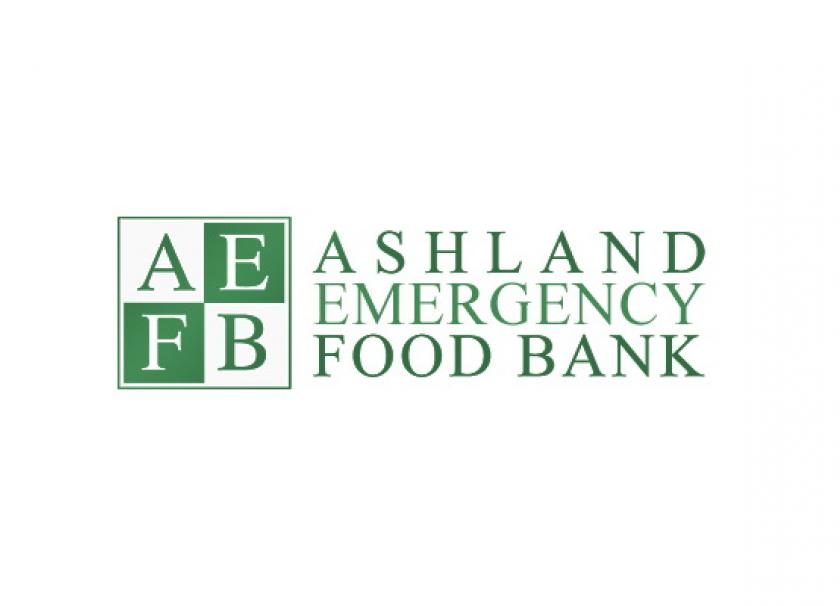
Get to know Ashland Emergency Food Bank
The sixth cooperative principle, "Concern for Community," has become even more important since the pandemic began and economies, locally and globally, started to constrict. To address this, the Board of Directors agreed in April to release 100% of patronage dividends and designate Ashland Emergency Food Bank as a donation option for those dividends - resulting in over $20,000 in donations. And with the early launch of Change for Good register round-up, AEFB was a natural choice to receive round-up donations.
Read on to learn more about AEFB from board president George Kramer, including how you can continue to support their mission.
Can you give us a brief history of AEFB? How did it start? Who are your volunteers?
Community and faith-based groups formed the Food Bank in a garage 1974 to address food insecurity as the result of the oil crisis. Over time, and multiple locations, we have grown into a daily community-owned food bank that provides free-of-charge support to about 1700 people monthly. We have two employees and rely on hundreds of volunteers, the Ashland Food Project, and the generosity of the community to make it all work.
How have things changed at AEFB since the pandemic began?
In mid-March we scrapped our traditional “shopping” model in favor of a modified “box.” This allowed us to minimize entry to a limited number of volunteers, keeping them safe, our building secure, and still provide food to clients. Over the past months we have improved on that system. Shoppers fill out a short list based on our available items and their preferences, and our volunteers pull the products and fill their box. A “Free Table” is located outside, with perishable produce and other items. Everyone must wear a mask and we sanitize in between individual shoppers, who are not permitted past the Intake/Entry Foyer.
Have you seen new, inspirational ways in which the community has stepped up to support the AEFB mission and each other?
It has been truly humbling to see the out-pouring of support for what we do, and the amazing willingness of our staff and volunteers to make near daily changes to keep our service open and functional. When the Ashland Food Project “Green Bags” were canceled, their donors sent us “Cash, not Cans” to help us purchase replacement food. We have been overwhelmed by offers of support, of time and money. We made a plea for sanitizer and a local company provide it. We asked for help building plastic guards, and a local contractor built it for us. We appreciate everything the Co-op has done to support us to help meet the community’s need.
What efforts can locals take on to improve food security or help AEFB's mission?
We are here to serve the community and our entire mission is to assure that anyone who needs food from us can get it. Unlike government supported foodbanks we rely entirely on donations but that also means that we don’t have a lot of paperwork or ask a lot of questions. If you are an Ashland or Talent resident and you need food, we will provide you with some. Being local is our only rule for service. Your readers can support us by making sure that the word gets out that we are open, that we have food, and that we are there to help anyone that asks. If you don’t need food personally, please consider supporting our efforts, either with a donation, with your time, or just telling a friend that is in need.
To learn more about Ashland Emergency Food Bank, click here to visit their website.
More Co-op News
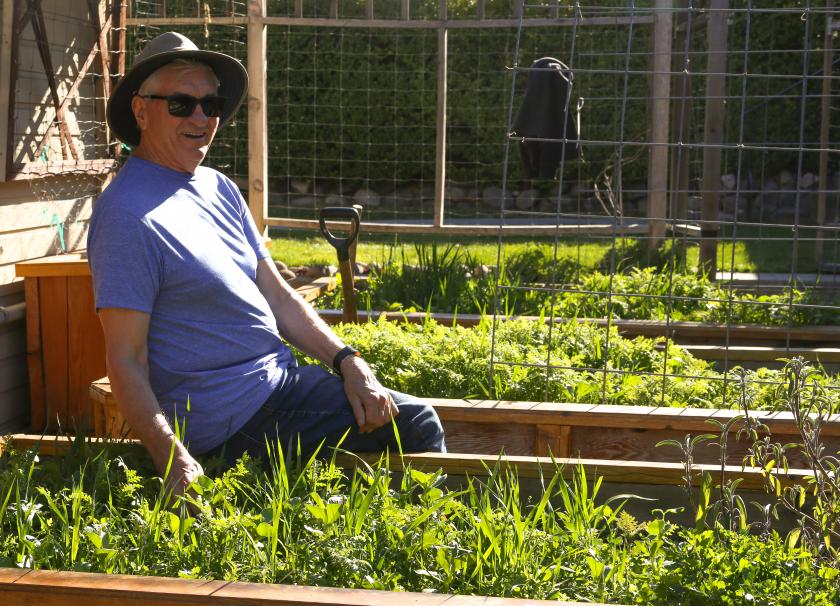
Henry in the Garden: The Pollinator Plan
By Henry Herting, Co-op garden volunteer
It's that fun time of the year when we get to plan our gardens. This year since our pollinators are taking such a hard hit, we are planning a pollinator garden.
Some plants that are considered good for pollinators are not so good fo the gardeners. They are invasive; they are weeds. Nobody likes weeds in their garden - who likes getting down on their knee pads and clawing at deep-rooted weeds growing in places where you don't want them?

Rogue To Go at the Co-op
We are excited to announce the official launch of Rogue To Go at the Ashland Food Co-op!
Rogue To Go is a reusable container pilot program. The pilot connects five participating restaurants by offering a reusable container that can be used for meals to-go and help eliminate single-use boxes. These O2GO containers are made locally in Bend, Oregon by OZZI. The bright green containers are 100% recyclable through a specialty recycler - truly zero waste!
How can you start using Rogue To Go? Check out the steps below and follow along with a walk-through video.
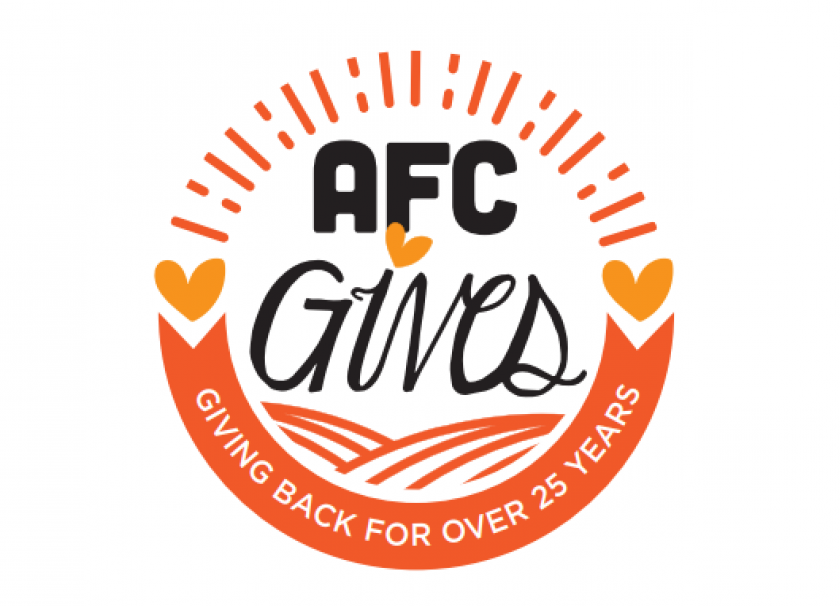
Apply for an AFC Gives community grant
For over 25 years, the Ashland Food Co-op has been re-investing in the local community by awarding grants to non-profit organizations doing important work in the Rogue Valley. Putting the seventh cooperative principle, "concern for community," into action, over $30,000 was donated in 2019 - and in 2020, there are even more opportunities for non-profits.
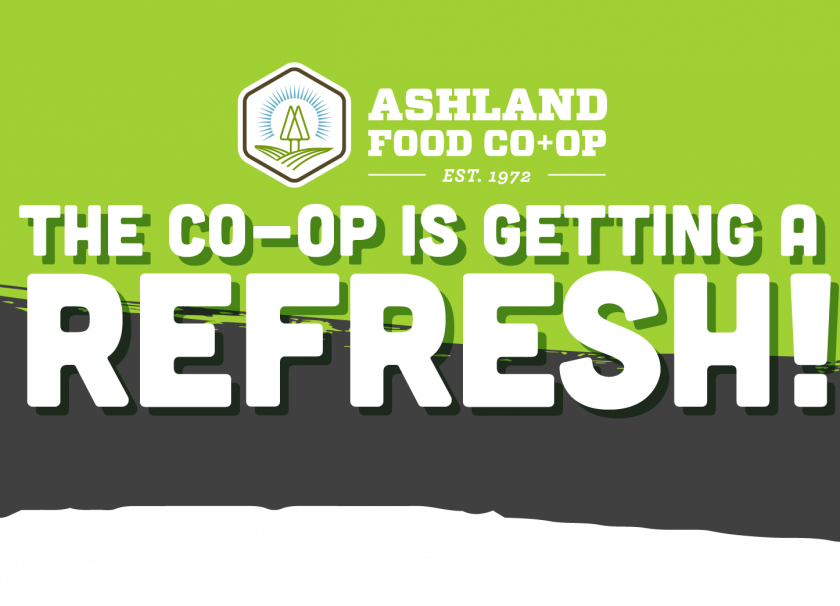
The Co-op is getting a refresh
We are giving our store a much-needed fresh coat of paint. We think you'll enjoy the changes!
When
The painting team will begin our project on February 5th, 2020 with a start time of 9pm.
Where
The entire retail store, deli serving area and interior seating area will receive a fresh new coat of paint.
Timeline
If all goes as planned, our painting project should be finished by February 20.
Will Store Hours Change?
No. We will be painting from 9pm to 5am.
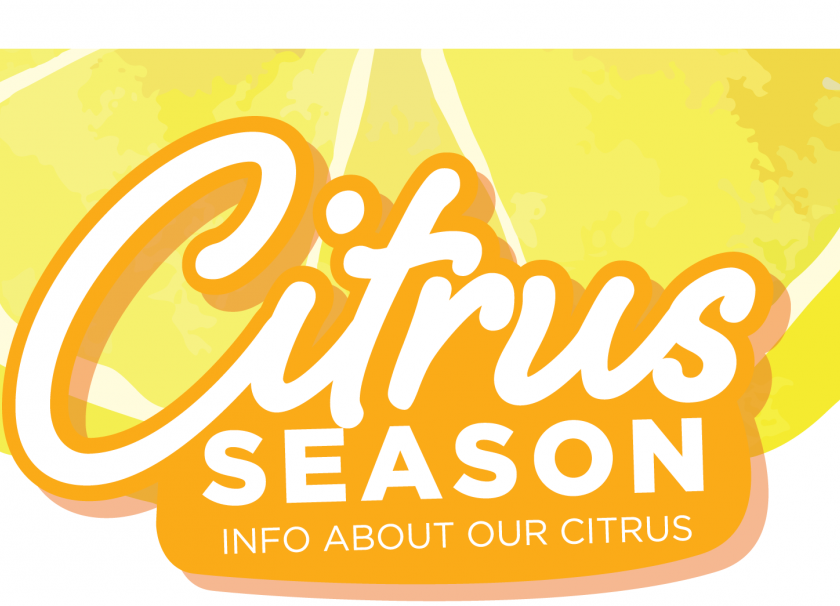
Explore citrus!
Looking to explore some new citrus varieties? Know more before you go! Check out the many types of sweet, sour and somewhere in between that you can enjoy at the Co-op! (Availability may vary due to seasonality.)
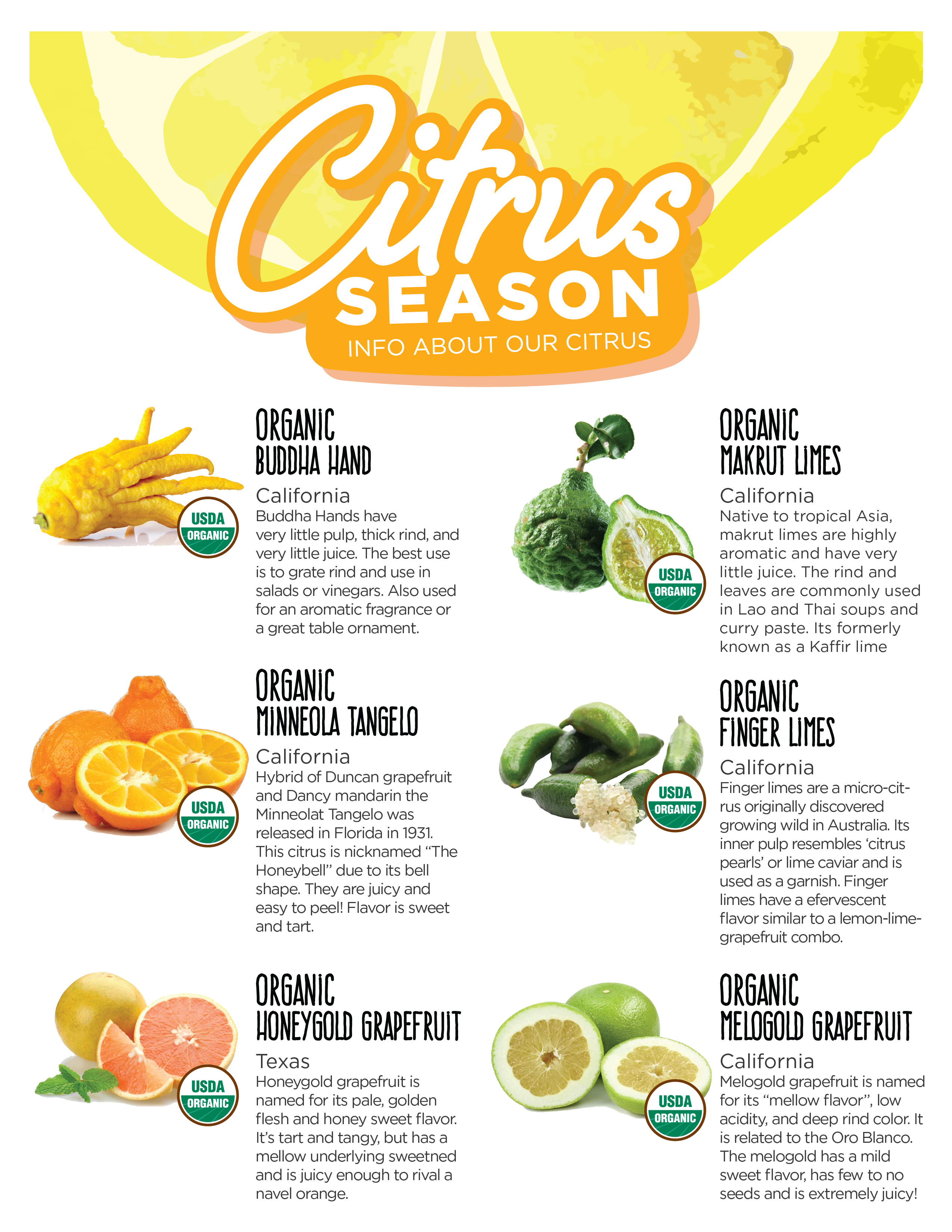
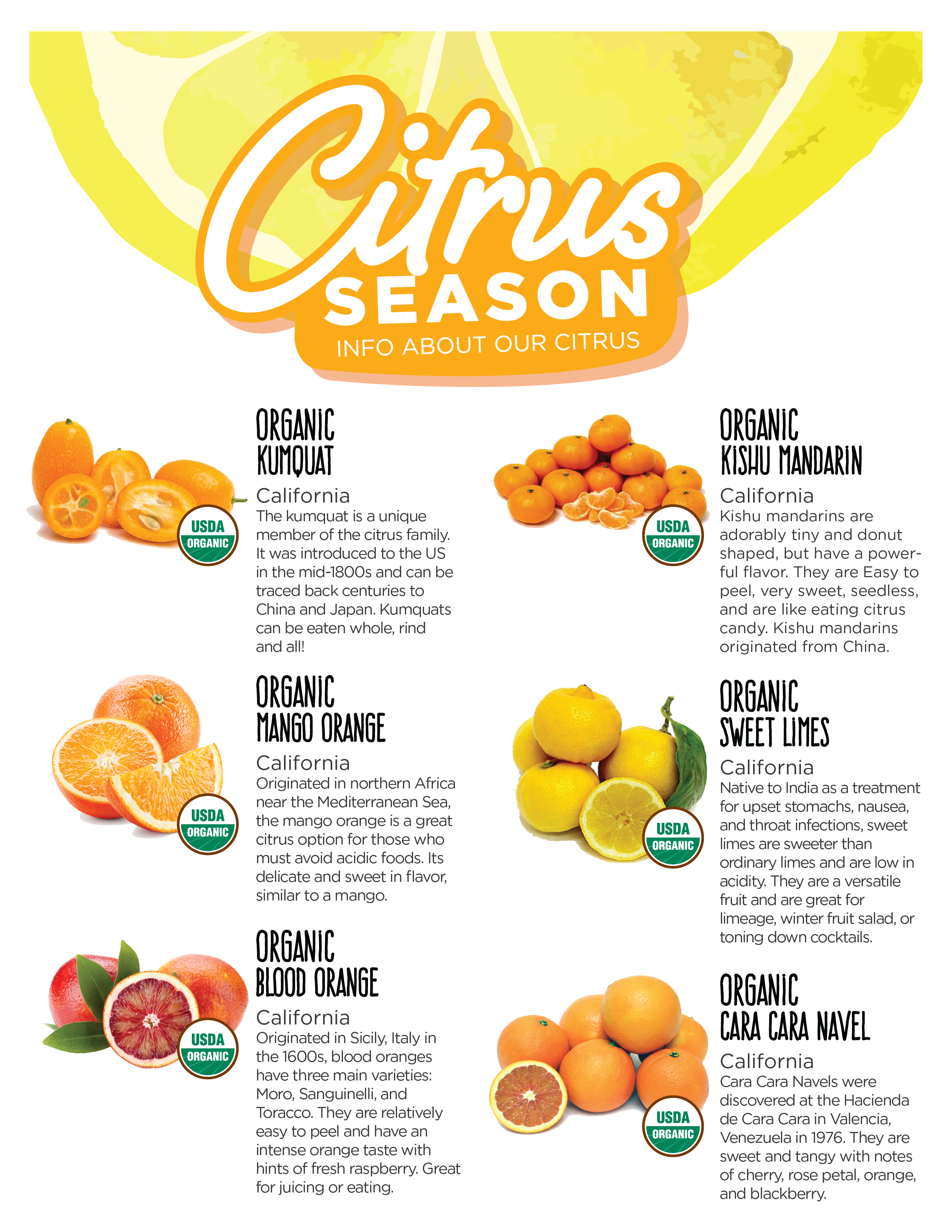

Taste for Life winter wellness giveaway
It's a month of giveaways from Taste for Life!
Giveaway #1 has finished up - so it's time for #2! This giveaway runs 1/27-2/2, so sign up below.
This package includes: NOW's Sabucus Zinc-C lozenges, Mushroom Wisdom's SX-Fraction, Bluebonnet's Stress Release formula, ChildLife's First Defense immune formula, Vitafusion's Organic Women's Multi vitamin, Quantum Health's Eye Health supplement, Kyo-Green Sprouts Blend digestion supplement, Solgar's full spectrum Curcumin supplement, and Solgar's No. 7 joint comfort supplement.

Rogue Co-ops College Scholarship
As part of the Rogue Co-ops, a group of Rogue Valley cooperative businesses that includes Ashland Food Co-op, Grange Co-op, Medford Food Co-op, and Rogue Credit Union, we're excited to offer a scholarship opportunity to local high school students planning on attending college.
The Rogue Co-ops have collectively funded a $2,000 scholarship (and Grange Co-op offers an additional eight $1,500 scholarships) for students (in public, private or home school settings) who meet the following requirements:

Become an Owner-Volunteer with the AFC Board
The AFC Board of Directors is looking for owner-volunteers for three board committees: the Owner Engagement Committee (OEC), Board Development Committee (BDC), and AFC Gives Committee.
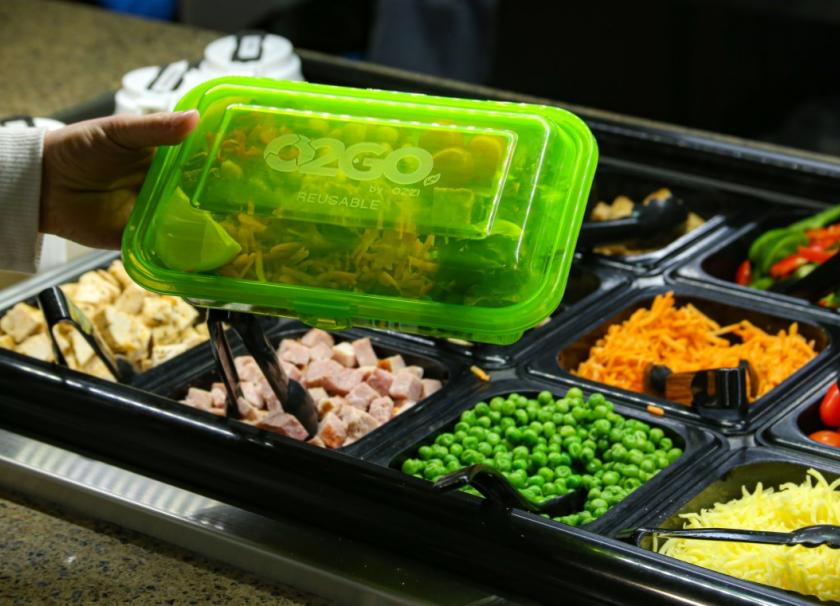
Sustainability Update: Building on a Strong Foundation
Sustainability Update
Our team has been working on many different projects throughout the year, taking great steps to fulfill our four sustainability goals. Our four goals to achieve by 2030 are: carbon neutrality, zero waste, eliminating toxic chemicals, and being a leader in our sustainable community. We look forward to our sustainable success in the upcoming decade!

2020: A vision for the future through Co-ops and local food
As the 2010s come to a close, the “20/20” eyesight analogy couldn’t be more appropriate for the new decade. With our eye on the future, there’s clearly a sense of urgency and awareness of the unique times we’re living in: a changing climate, increases in costs of living, and the shared pressures of a globalized world.
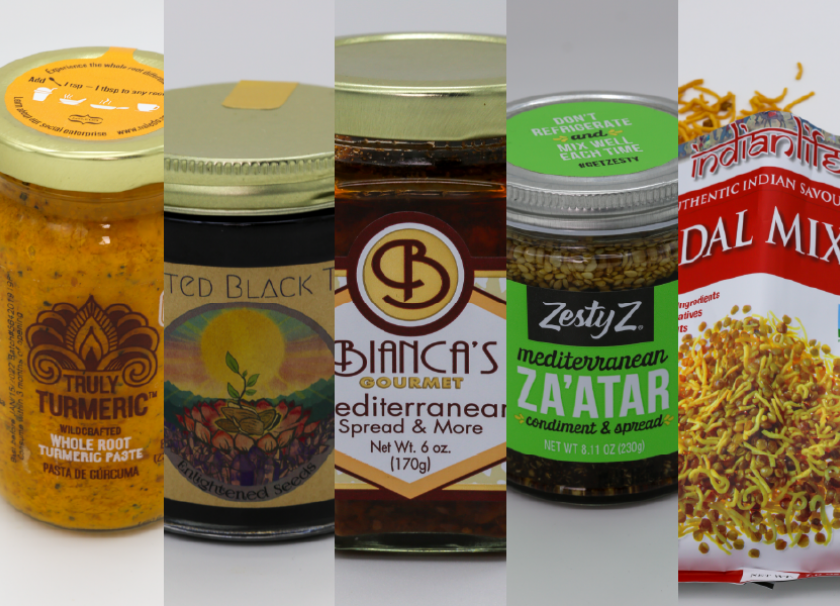
5 Items to Try: Spreads, Condiments & Snacks
It's fun trying new things! Here are five items you can find at the Co-op with a distinctly international flavor. Whether you're spreading them on some bread or naan, mixing up a salad dressing, or just want something salty and crunchy to snack on, try these out next time you want to elevate your dishes.
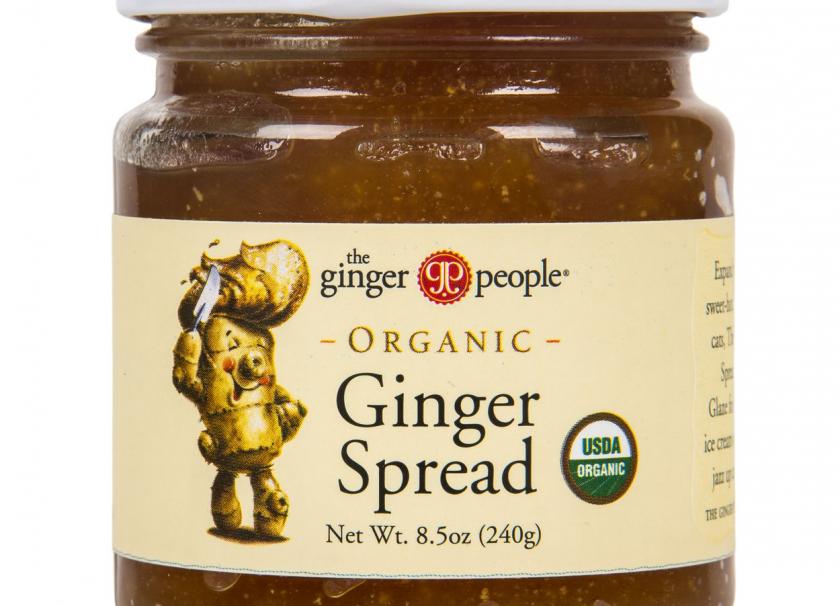
10 Ways to Enjoy: Ginger Spread
Sometimes you might come across a product at the Co-op and ask, "That looks good, but how in the heck can I use it in my cooking?" To answer that question, we picked this Ginger Spread made by The Ginger People (famous for their Gin-Gin candies). Grab a jar and try some of these unique applications in your own kitchen - or get inspired to utilize it in another way.
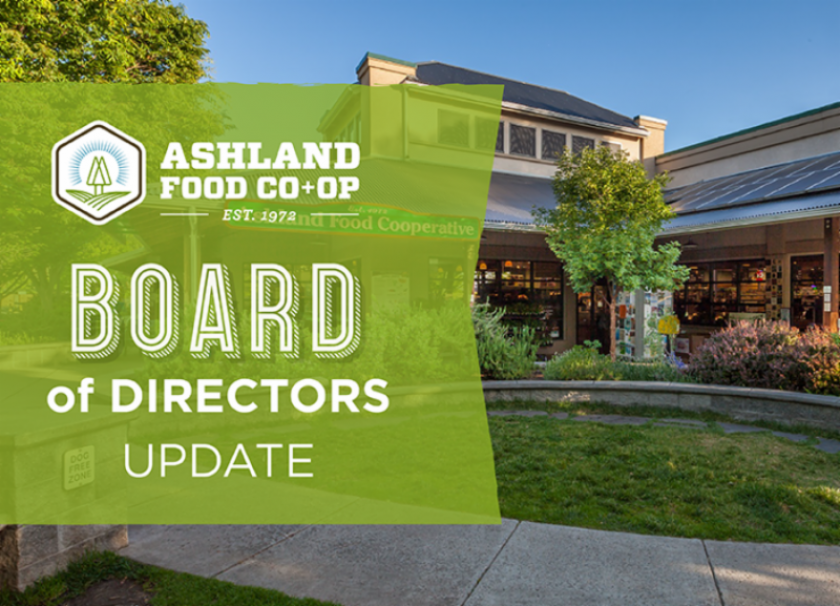
Meet Your Board: Melina Barker
Hello, Co-op members! My name is Melina Barker, and I joined the AFC Board of Directors this July. Since then, I have been busy learning about all the work the previous members have done to craft strategic goals to support the success of the AFC.
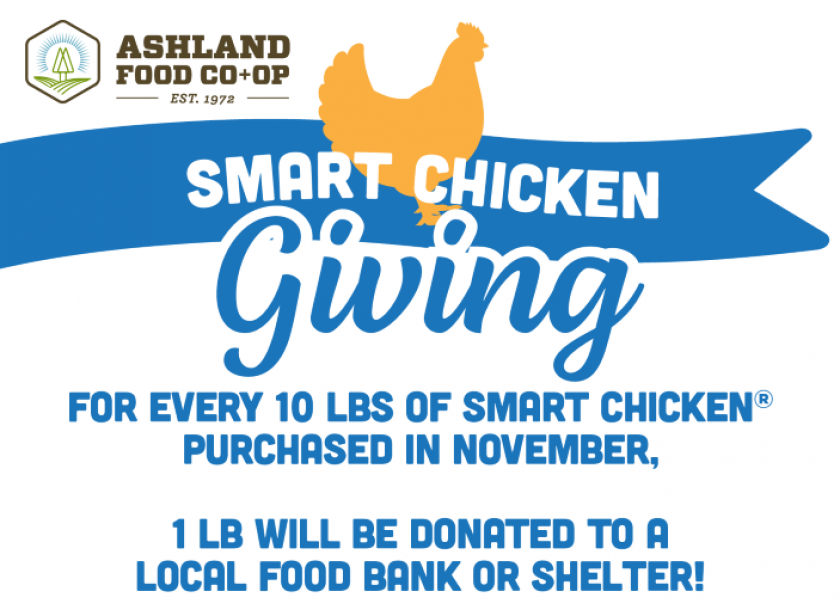
Smart Chicken® Holiday Giving in 2019
During the month of November, Co-op shoppers can nourish their own families and help fight hunger in the Rogue Valley.
Over the years, Smart Chicken® and Ashland Food Co-op have teamed up to donate thousands of pounds of chicken to ACCESS. Smart Chicken® will once again donate Smart Chicken® products based on the total volume that shoppers purchase at Ashland Food Co-op to ACCESS.
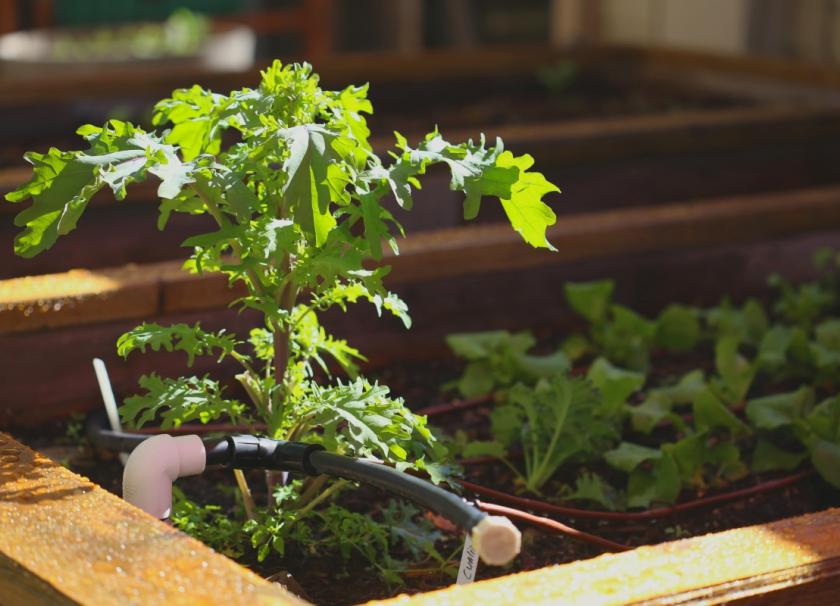
Henry in the Garden: Already Preparing for the Spring
The bane of all gardeners is powdery mildew - that white substance that collects both on the tops and bottoms of the leaves of your healthiest vegetable plants. Cucumbers and zucchini seem to be more easily affected by this scourge than many others.
